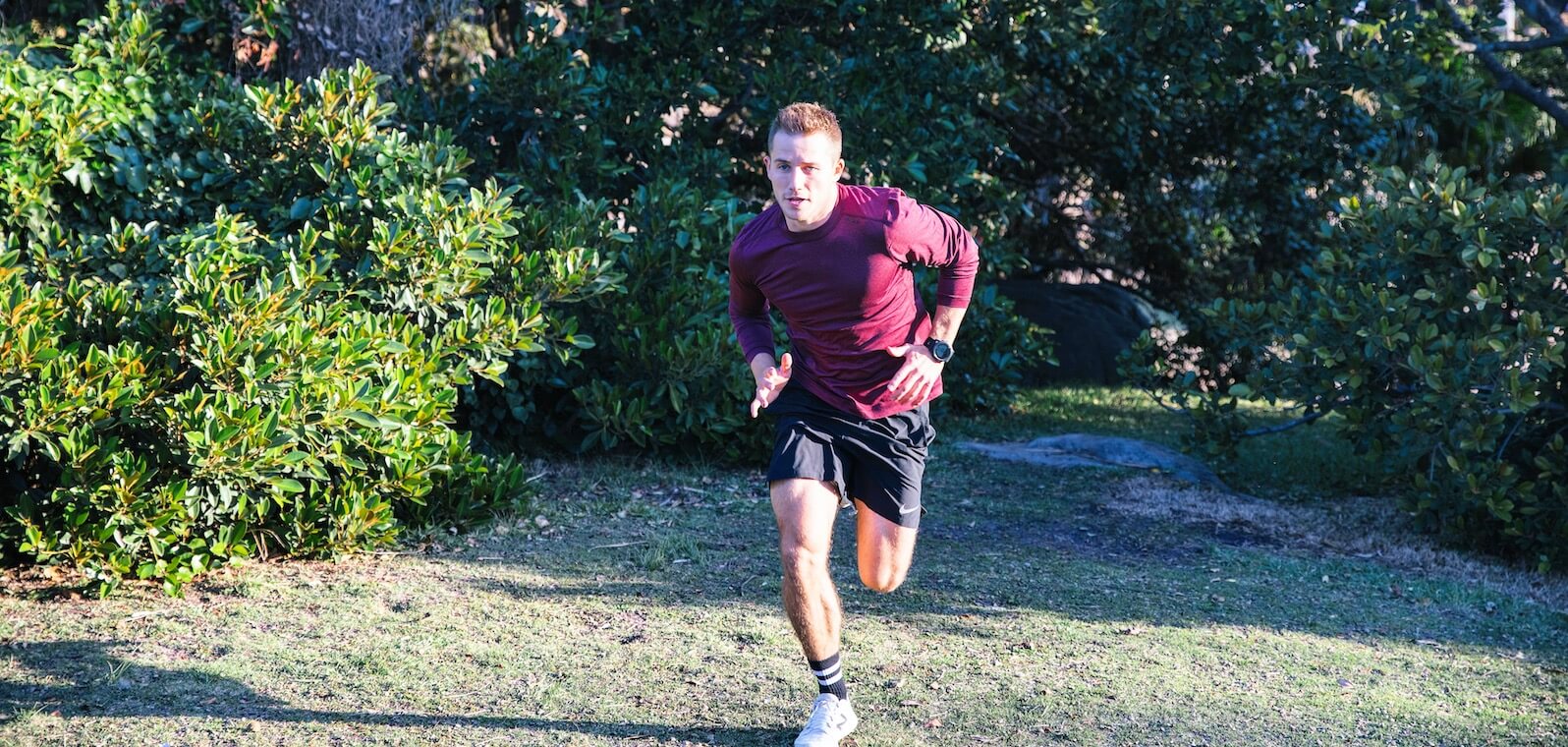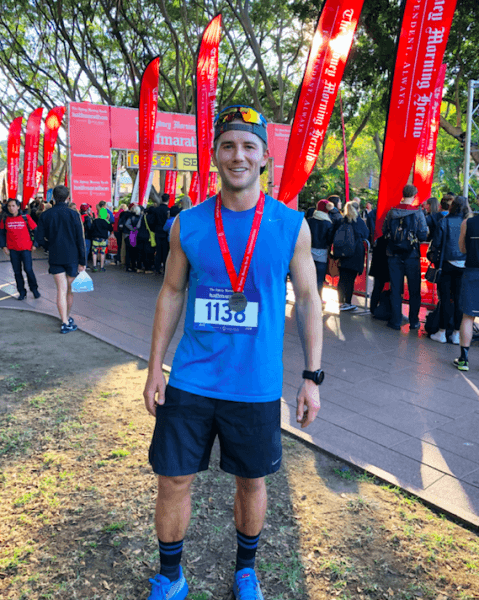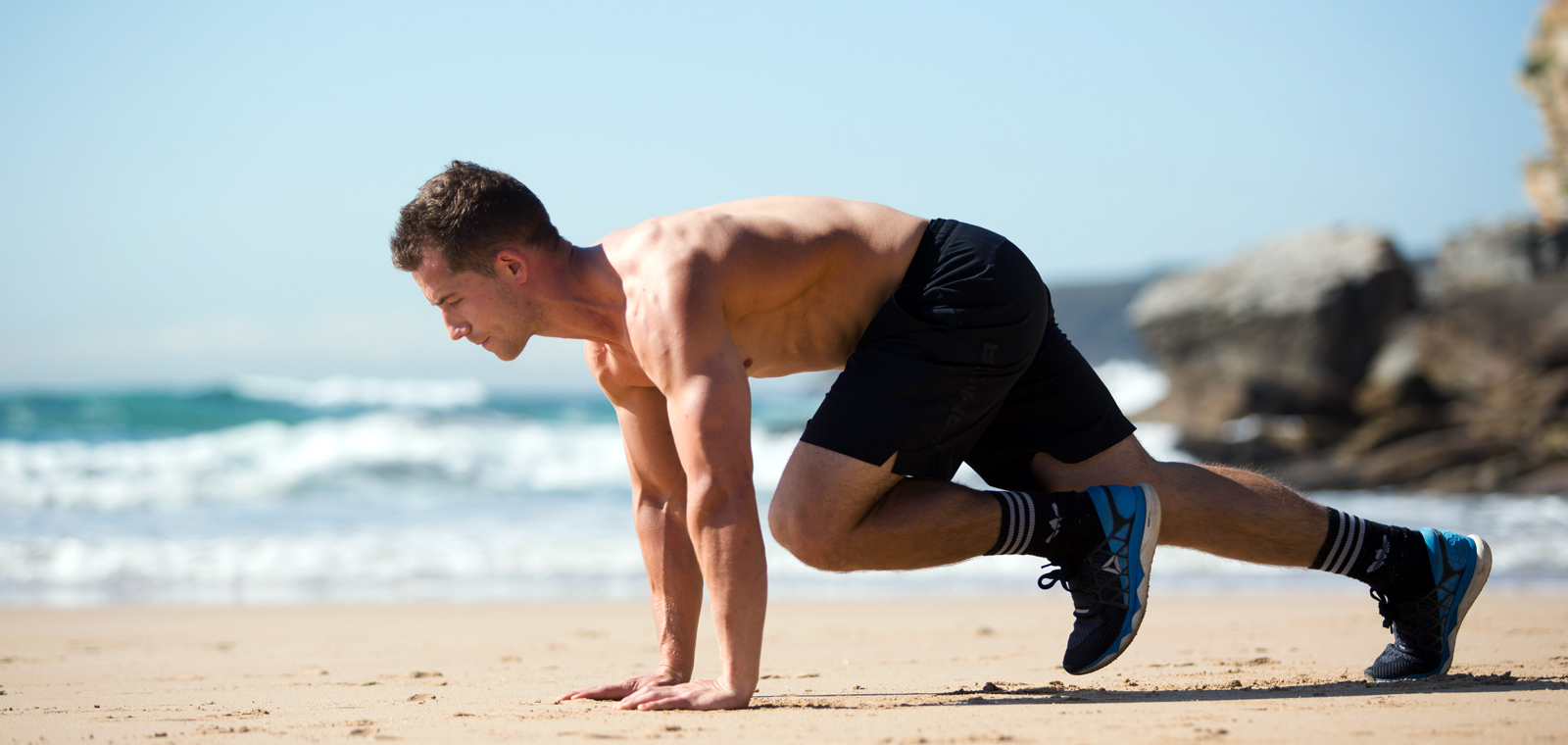
How to get started training for a Half Marathon
After completing my most recent half marathon I thought I’d share my experience to help you get ready to stand on the start line.
If you have booked yourself a spot in a half marathon, congratulations, and if you’re still thinking about doing one I can guarantee it will be one of the most rewarding things you can do, so what are you waiting for.
Training for a half marathon usually starts about 12 weeks out, a little more if you are new to running, but assuming you have a fairly good run technique 12 weeks is about right.
Over the 12 week period there will be some huge highs and possibly a few lows, but these all help strengthen your mindset in the long run (excuse the pun) allowing you to believe in yourself and achieve things you never thought were possible.
Here are my top tips for getting started. Remember, this advice is for runners who simply want to finish the run with a smile on their face.

- Invest in some good running shoes that have been properly fitted by someone who knows what they are talking about. Supportive runners will protect your knees and allow you to run with the correct support. A pair of running socks is also as must as these will help draw away the sweat leaving you free from blisters.
- Build from the base strengthening your body first before you start to clock up the kilometres. Every time your foot strikes the pavement you can transfer up to twice your bodyweight through each leg. Imagine doing this hundreds of times during your run. Strengthening your body with weights or bodyweight exercises is a great way to look after your body and stay injury free.
- Start slow and build up. The beauty of having 12 weeks is that there is enough time to spend the first couple of weeks slowly increasing the distance before you start speeding up the pace.
- Include interval sessions into your training plan to get faster. Intervals sessions don’t have to be complicated. Heres an example to get started: Run for 2 minutes at a fast pace then run for 1 minute at a slower pace, repeat for the duration of your run, then the next time you do this try reducing the rest time by 15 seconds and so on.
- Fuel your body with the right type of food pre and post a run. Foods such as dates, banana and porridge are a favourite of mine before before a run as they contain a lot of energy. It’s also important to consume foods containing protein to help repair the muscles after your run. One of my favourite post run recovery drinks is a home made protein smoothie with full fat milk replenishing the calories burnt during the run.




